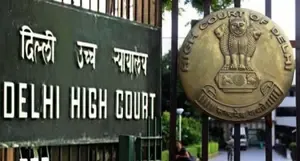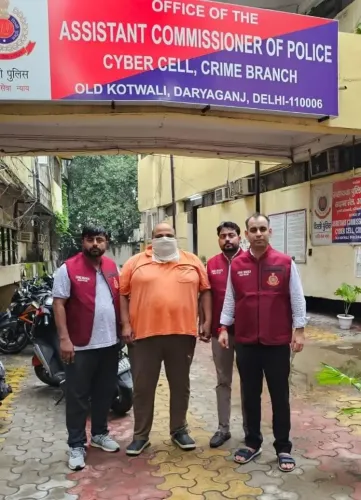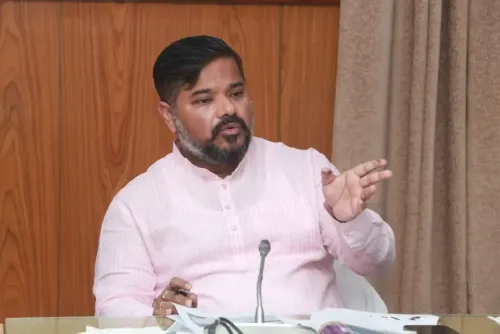Why Did the Delhi HC Overturn the Compulsory Retirement of an NDMC Engineer?

Synopsis
Key Takeaways
- The Delhi High Court prioritized the complete service record in retirement decisions.
- Recent performance is more significant than historical penalties.
- The decision impacts the evaluation standards for public employees.
- Immediate reinstatement was ordered for the affected engineer.
- The ruling may influence future disciplinary actions and evaluations.
New Delhi, Sep 28 (NationPress) The Delhi High Court has overturned the compulsory retirement of an engineer from the North Delhi Municipal Corporation (NDMC), emphasizing that a complete review of an officer's service history is essential before such a decision is made.
“Prior to issuing a compulsory retirement order, the comprehensive service record of the officer must be evaluated, including the assessments in the ACRs. The recent performance of the officer holds more significance than reliance on past punishments,” stated a Bench comprising Justices Navin Chawla and Madhu Jain.
In invalidating the 2019 decision to retire petitioner Suraj Prakash, the Chawla-led Bench remarked, “When the ACRs consistently indicate the officer's integrity as ‘Beyond Doubt’ and classify him as ‘Outstanding’ or ‘Very Good’, any compulsory retirement order that draws from incidents prior to the decision may be flawed.”
The Delhi High Court mandated the immediate reinstatement of the petitioner along with consequential service benefits, excluding wages for the duration he was out of service.
Previously, in June 2021, the Central Administrative Tribunal (CAT) had upheld the NDMC's order for compulsory retirement of Sagta on October 31, 2019. The Chawla-led Bench observed that although the petitioner faced a major penalty in 2000 and was censured in 2005, his subsequent record showcased integrity “beyond doubt” and performance ratings of “very good” or “outstanding”, aspects overlooked by the committee that recommended his compulsory retirement.
“The last penalty against the petitioner was a Censure in 2005, with the only substantial penalty dating back to 2000. Other than a departmental proceeding initiated in 2015, from which he was later exonerated, there had been no adverse actions against him for a significant duration from 2005 to 2019,” the court noted.
Highlighting the officer's service achievements, including promotions and a second financial upgradation under the MACP Scheme, the Delhi High Court stated, “These elements should have been taken into account by the Screening/Reviewing Authority before deciding on the compulsory retirement. The documentation presented does not reflect any contemplation of these factors. In fact, it lacks the Committee's recommendations.”
The Chawla-led Bench, referencing a circular from July 2019, indicated that deciding to compulsorily retire an officer should not serve as a shortcut to evade disciplinary measures and should not have punitive implications.
In ordering the petitioner's reinstatement, the Delhi High Court concluded, “Considering the factors mentioned, we cannot uphold the Tribunal's Impugned Order, nor can we validate the order dated October 31, 2019, that enforced the petitioner’s compulsory retirement. The NDMC is directed to issue all necessary reinstatement orders within four weeks and permit the petitioner to resume his duties.









